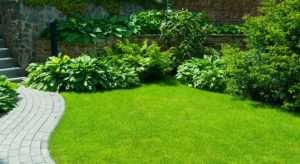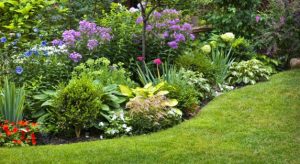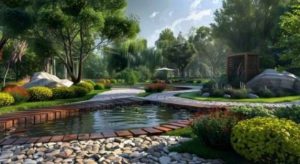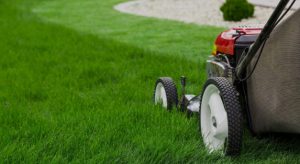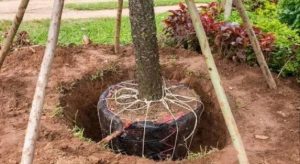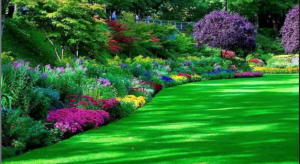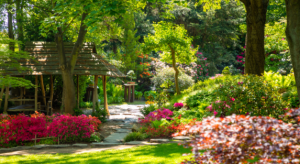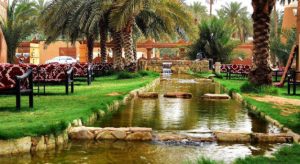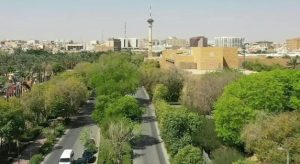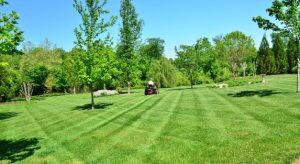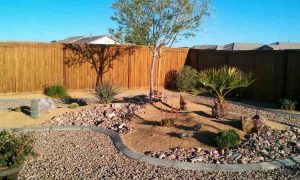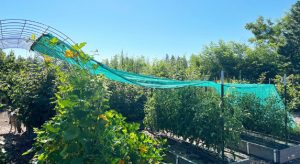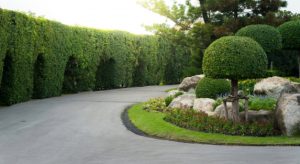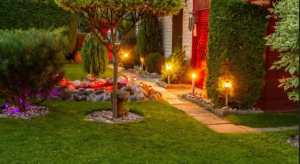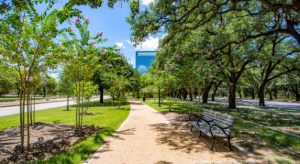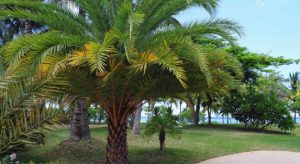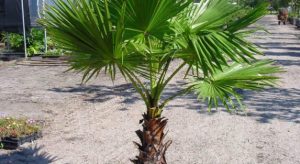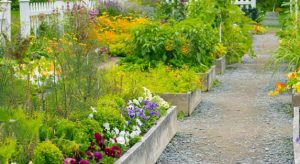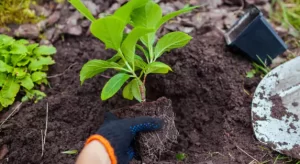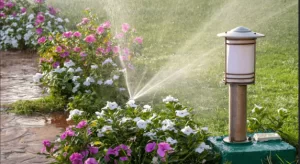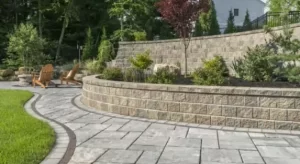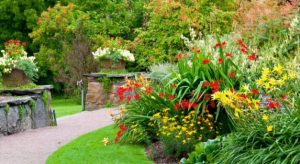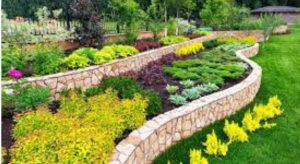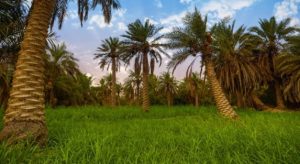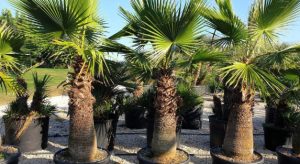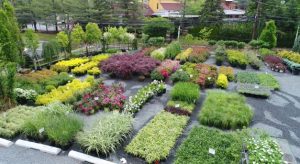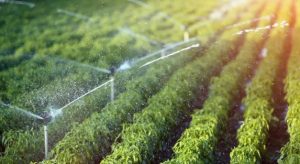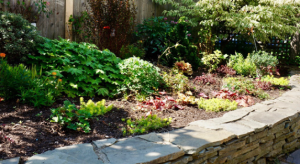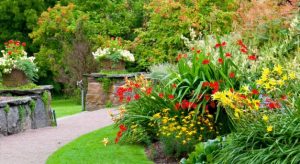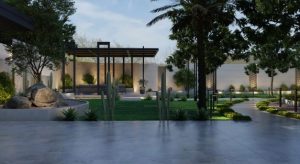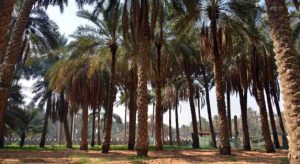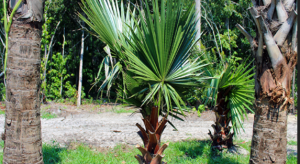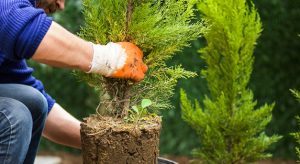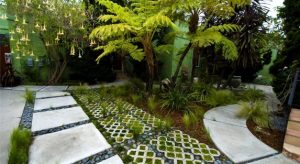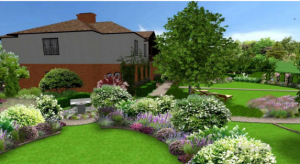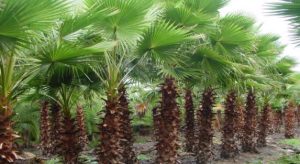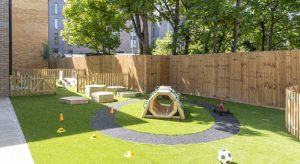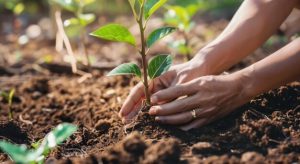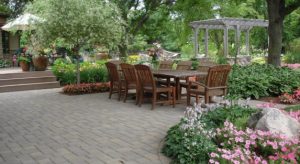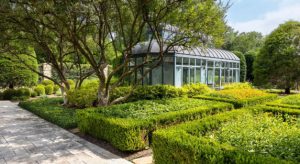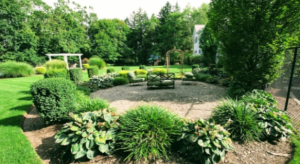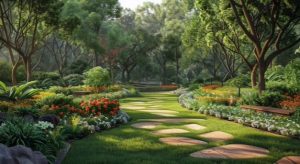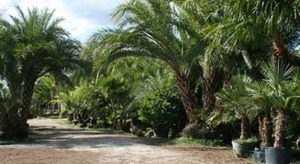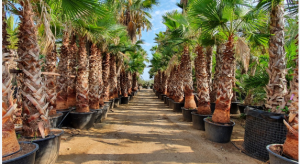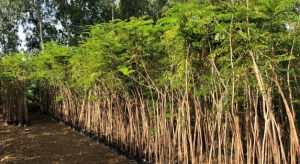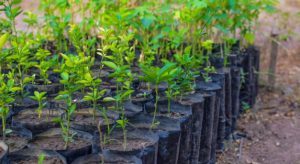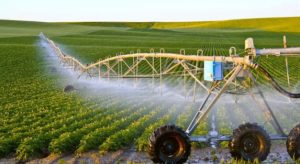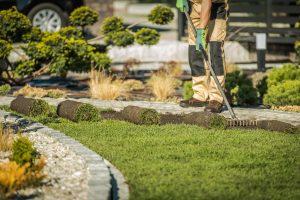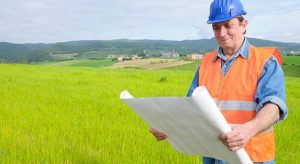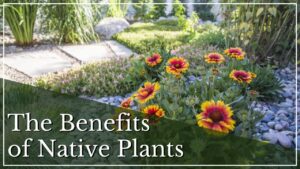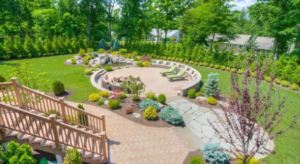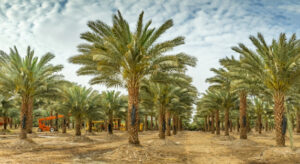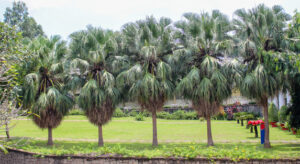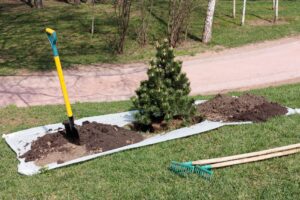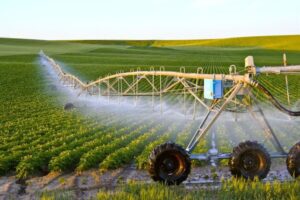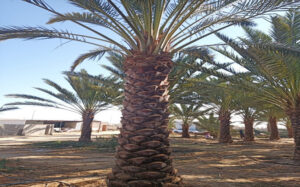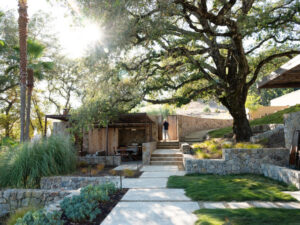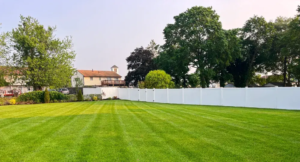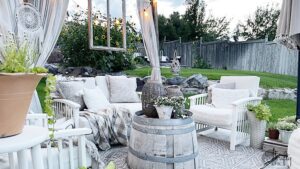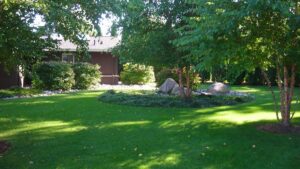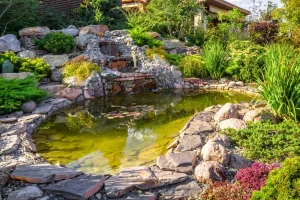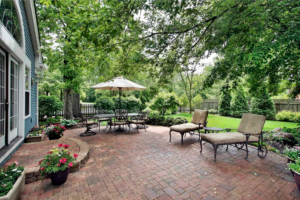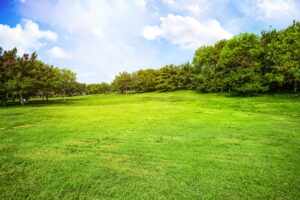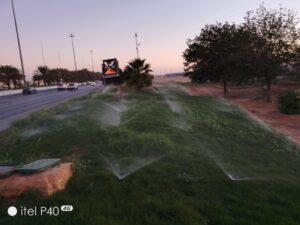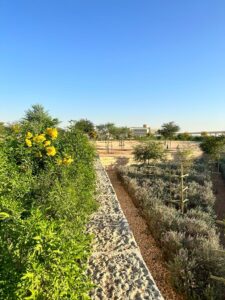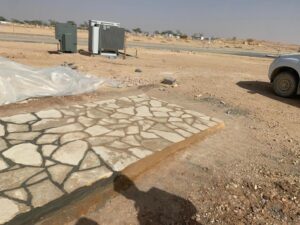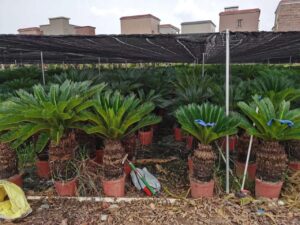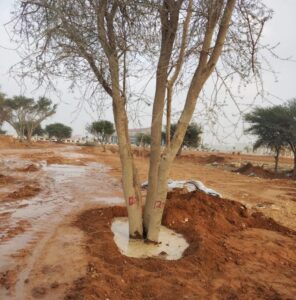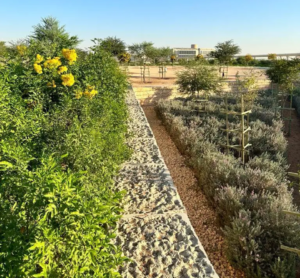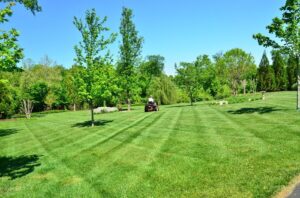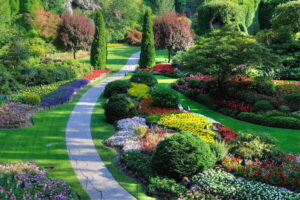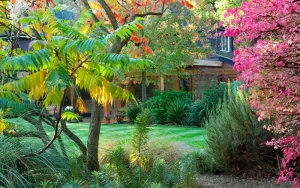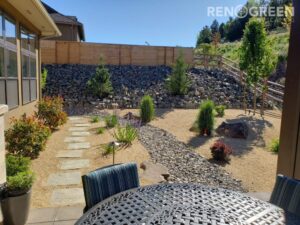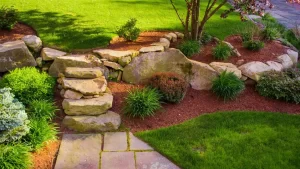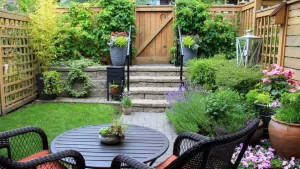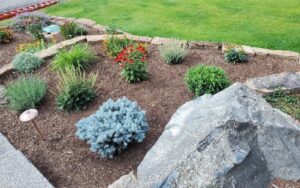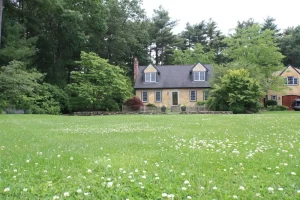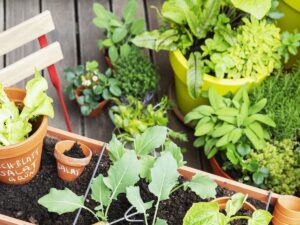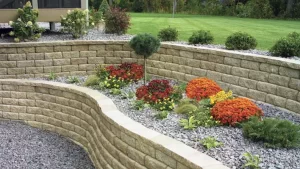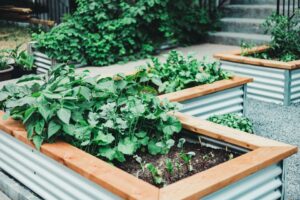10 Benefits of Transplanting Trees for the Environment
16 November, 2024
Introduction
Trees are vital to life on Earth, offering countless environmental benefits that range from producing oxygen to supporting biodiversity. However, the rapid pace of urbanization has led to widespread tree removal, disrupting ecosystems and depleting natural resources. Transplanting trees is an innovative solution to this challenge. A Tree Transplanting Services Company in Riyadh ensures the safe relocation of trees, allowing urban development to progress without sacrificing greenery. In this detailed exploration, we’ll delve into ten key benefits of transplanting trees for the environment and how it contributes to sustainable development.
1. Preservation of Mature Trees
Mature trees are irreplaceable environmental assets. They absorb far more carbon dioxide and provide more substantial ecological benefits than young saplings. Removing these trees outright results in the loss of decades of growth and environmental contributions.
Benefits of Preserving Mature Trees:
- Carbon Absorption: Mature trees capture more carbon dioxide, making them crucial in combating climate change.
- Ecosystem Support: They host various forms of wildlife, from birds to insects, creating a vibrant and balanced ecosystem.
- Immediate Impact: Unlike saplings that take years to grow, mature trees provide instant benefits in terms of shade, oxygen production, and aesthetic appeal.
By transplanting mature trees, cities like Riyadh can retain their ecological wealth while accommodating urban expansion. Transplanting services ensure these trees are carefully relocated to continue thriving in new environments.
2. Reduction of Carbon Footprint
The carbon footprint of urban activities can be mitigated by preserving the carbon-absorbing capabilities of trees through transplanting.
How Tree Transplanting Reduces Carbon Footprint:
- Minimizing Tree Removal Impact: Uprooting a tree and letting it decay releases its stored carbon into the atmosphere. Transplanting avoids this carbon release.
- Avoiding Replanting Delays: Newly planted trees take decades to develop the same carbon absorption capacity as mature trees. Transplanting bridges this gap immediately.
- Offsetting Urban Emissions: Mature trees help offset emissions from vehicles, industries, and other urban activities, contributing to a cleaner environment.
A Tree Transplanting Services Company Riyadh ensures urban projects are sustainable, retaining trees as natural carbon sinks in an expanding metropolis.
3. Improvement in Air Quality
Trees are natural air filters, absorbing pollutants and releasing oxygen. In urban areas where air quality is often poor, transplanted trees continue to provide this critical service.
How Trees Improve Air Quality:
- Filtering Pollutants: Trees absorb harmful gases such as sulfur dioxide, nitrogen oxides, and ammonia.
- Trapping Dust and Particulate Matter: Their leaves act as filters, capturing dust and reducing airborne pollutants.
- Increasing Oxygen Levels: Through photosynthesis, trees replenish the oxygen supply, essential for human and animal life.
In Riyadh, where dust storms are common, transplanted trees can significantly improve air quality, benefiting public health and creating a more pleasant urban environment.
4. Conservation of Biodiversity
Every tree is a micro-ecosystem, supporting numerous species. Removing a tree disrupts this balance, whereas transplanting it preserves the habitat.
Biodiversity Benefits of Transplanted Trees:
- Wildlife Habitat Preservation: Birds, squirrels, insects, and fungi rely on trees for food and shelter. Transplanting ensures their habitat remains intact.
- Plant-Pollinator Relationships: Trees often have symbiotic relationships with local pollinators like bees and butterflies. Transplanting sustains these relationships.
- Ecosystem Balance: Trees play a critical role in maintaining local biodiversity by supporting interdependent species.
Tree transplanting companies in Riyadh use advanced techniques to minimize stress on the tree and its dependent organisms, ensuring biodiversity thrives in the new location.
5. Urban Cooling and Climate Regulation
In cities, concrete and asphalt trap heat, creating urban heat islands that exacerbate temperature extremes. Transplanted trees combat this effect, contributing to a cooler and more comfortable environment.
Benefits of Urban Cooling:
- Shade and Cooling: Trees reduce surface and air temperatures through shade and evapotranspiration.
- Lower Energy Consumption: Shaded areas require less air conditioning, reducing energy use and lowering greenhouse gas emissions.
- Climate Regulation: By moderating temperature extremes, trees make urban spaces more livable.
In Riyadh, transplanted trees are essential for creating comfortable outdoor spaces, particularly during scorching summers.
6. Prevention of Soil Erosion
Tree roots play a vital role in holding soil together, preventing erosion caused by wind and water. Removing trees without replanting them can lead to soil degradation.
Role of Transplanted Trees in Preventing Erosion:
- Root Systems: Even after relocation, mature trees maintain their extensive root networks, anchoring the soil in place.
- Water Retention: Trees help retain soil moisture, preventing dryness and erosion.
- Protection Against Desertification: In arid regions like Riyadh, transplanted trees help combat desertification by stabilizing the land.
Professional tree transplanting services ensure that relocated trees continue to perform these essential functions, safeguarding the land against erosion.
7. Enhancement of Urban Green Spaces
Transplanted trees transform barren areas into green havens, adding beauty, utility, and ecological benefits to urban spaces.
Benefits for Urban Development:
- Parks and Recreational Areas: Transplanted trees enhance public spaces, making them more inviting and enjoyable.
- Increased Property Value: Green spaces boost the appeal of residential and commercial properties, increasing their market value.
- Community Well-Being: Green areas improve mental health, encourage physical activity, and foster community engagement.
In Riyadh, tree transplanting initiatives contribute to the creation of vibrant, green urban landscapes that benefit residents and visitors alike.
8. Rehabilitation of Degraded Lands
Degraded lands often suffer from poor soil quality and low biodiversity. Transplanted trees can kick-start the process of ecological restoration.
Tree Transplanting as a Solution for Land Rehabilitation:
- Soil Enrichment: Trees improve soil fertility by adding organic matter and supporting microorganisms.
- Biodiversity Boost: Introducing trees attracts other species, gradually rebuilding the ecosystem.
- Sustainable Land Use: Rehabilitated lands can be used for agriculture, recreation, or conservation.
In Riyadh, where desertification poses a significant challenge, transplanted trees are a powerful tool for reclaiming degraded landscapes.
9. Educational and Community Benefits
Tree transplanting offers an opportunity to educate communities about environmental conservation and sustainability.
Impact on Communities:
- Raising Awareness: People learn about the importance of trees and the challenges of urbanization.
- Encouraging Participation: Schools, businesses, and local organizations can get involved in transplanting initiatives.
- Fostering Environmental Stewardship: These efforts instill a sense of responsibility toward nature among residents.
A Tree Transplanting Services Company Riyadh can collaborate with communities to create impactful educational programs that inspire long-term environmental commitment.
10. Support for Sustainable Development Goals (SDGs)
Tree transplanting aligns closely with several of the United Nations’ SDGs, making it an essential practice for achieving global sustainability objectives.
How Tree Transplanting Supports SDGs:
- Sustainable Cities and Communities (SDG 11): Trees enhance urban livability and resilience.
- Climate Action (SDG 13): By preserving carbon-absorbing trees, transplanting directly addresses climate change.
- Life on Land (SDG 15): Protecting terrestrial ecosystems is at the core of tree transplanting efforts.
By integrating tree transplanting into development plans, Riyadh sets a strong example for sustainable urban growth.
Conclusion
Tree transplanting is an innovative approach to balancing urban development with environmental conservation. A Tree Transplanting Services Company Riyadh plays a crucial role in this endeavor, helping Riyadh grow sustainably without compromising its green heritage. By understanding and embracing the numerous benefits of tree transplanting, we take a significant step toward creating a harmonious relationship between nature and modern living. Let’s ensure that as our cities grow, our environmental values grow with them.
- Fountain and Waterfalls
- Gardening
- hardscape
- Irrigation system
- Landscape
- Lawn
- Nursery
- Palm Tree
- Plantation and Maintenance
- softscape
- Tree Transplanting
- Washingtonian Tree
Categories
Latest Post
- Fountain and Waterfalls
- Gardening
- hardscape
- Irrigation system
- Landscape
- Lawn
- Nursery
- Palm Tree
- Plantation and Maintenance
- softscape
- Tree Transplanting
- Washingtonian Tree





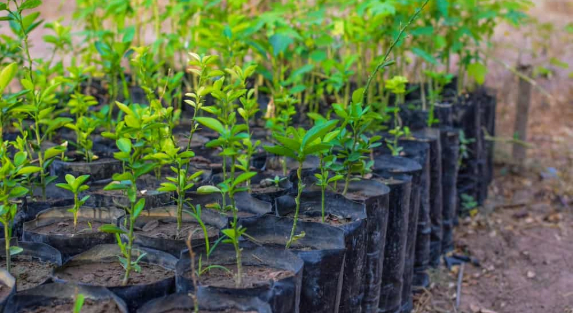

 .
.